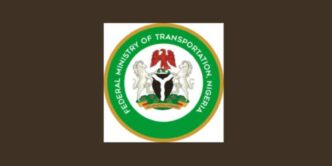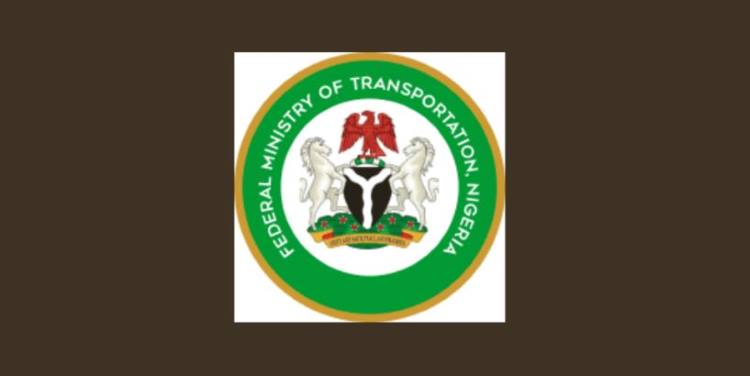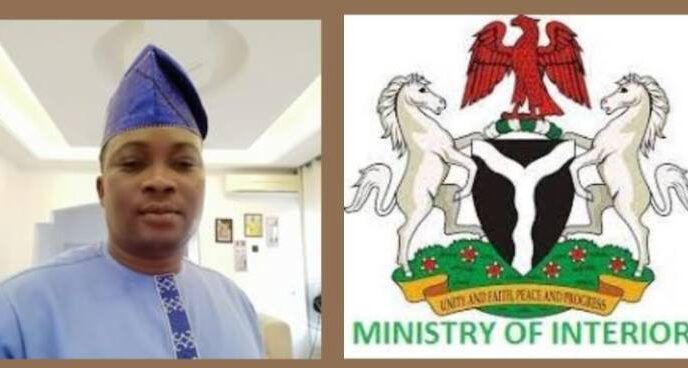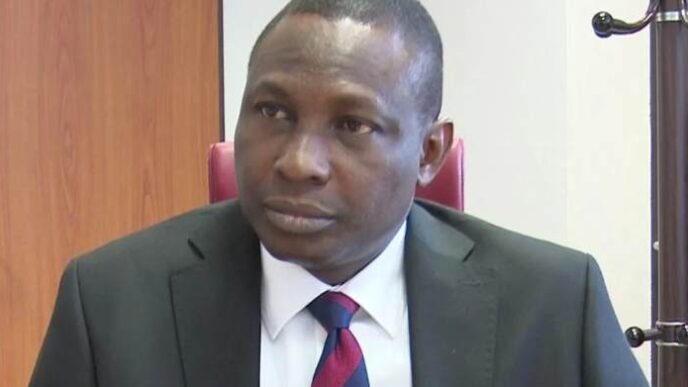An investigation has uncovered how Mr. Abba Goni Yarema, an Assistant Director of Finance at the Federal Ministry of Transportation, exploited his position to enrich himself through a network of privately-owned companies, in direct violation of Nigerian law.
Secret Reporters reports that Yarema’s activities allegedly enabled the laundering of hundreds of millions of naira, which were funneled through his companies and converted into foreign currency through Heart-land Bureau De Change.
Despite strict constitutional and public service regulations that prohibit full-time civil servants from owning or managing private businesses, Yarema is reportedly the sole or co-director of three companies: Yaremag Global Ltd, Goodtimes Properties International Ltd, and Yaremag Global Farms Ltd. None of these companies are listed on the Nigerian Stock Exchange (NSE), yet they have been involved in large financial inflows, including over ₦700 million in 2018 alone.
Evidence suggests that the funds flowing into Yarema’s companies originated from public coffers and lucrative government contracts.
For example, Yaremag Global Ltd received ₦111 million from Borno State in a single transaction, with a portion of these funds redirected toward personal expenditures, such as ₦10 million spent on an auto purchase. As the money flowed into these company accounts, substantial amounts were quickly transferred to Heart-land Bureau De Change, likely for laundering or foreign currency conversion.
The scale of these financial activities highlights a systemic abuse of public office.
Abba Goni Yarema’s actions violate the provisions of Nigeria’s 1999 Constitution (as amended), which expressly forbids public officials from engaging in private business ventures to avoid conflicts of interest.
By owning and running businesses while holding a public office, Yarema has breached Section 172 of the Constitution and the Fifth Schedule, which mandates that public officers must avoid conflicts of interest and declare their assets, including those of their spouses and minor children.
Furthermore, Yarema’s failure to disclose his companies and related accounts to the Code of Conduct Bureau (CCB) indicates a deliberate attempt to conceal his wealth from regulatory scrutiny. This breach is especially concerning, as the Fifth Schedule clearly states that public officers are prohibited from “engaging or participating in the management or running of any private business, profession, or trade,” except for farming.
Yarema’s involvement in multiple businesses while holding a public office raises serious questions about his ability to remain in his position. This case mirrors the 2019 removal of Chief Justice Walter Onnoghen over failures in asset declaration, underscoring the importance of transparency and integrity in public service. Observers are urging the National Assembly, anti-corruption agencies, and law enforcement to take swift action to hold Yarema accountable, recover the stolen funds, and implement stronger oversight to prevent such abuses in the future.














